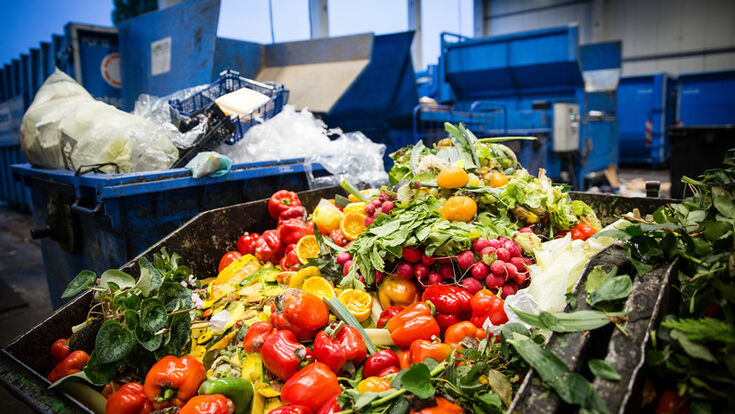Food Waste Technology : Orbisk set to scale digital food waste monitoring system

Orbisk plans to introduce its food waste prevention system to commercial kitchens across the world by the end of this year.
For the expansion of its current operation, the Netherlands-based food tech start-up has garnered €1,05 million from investors. The seed round of funding was led by PeakBridge’s Food Spark fund, the early-stage capital fund being supplemented by fiscal offerings from DOEN Participaties and Brabant Development Agency.
Globally, 33-50% of food produced goes uneaten, the value of said food waste being set at $1 trillion.
Organic waste is considered the third-largest emitter of greenhouse gases, should one be inclined to characterize it as a country- this figure is only preceded by China and the US with regards to waste volume. Food that ends up being discarded also represents a country with a greater land mass than China.
Beyond immediate resource concerns, with regards to the excessive use of water, land and labour-intensive food production process, food waste is worrisome in that it tends to end up on landfills where it generates methane, a greenhouse gas even more potent than carbon dioxide.
According to the 2021 Food Waste Index Report, 5% of 17% of global wasted food output can be attributed to the food service industry.
Orbisk offers a solution to the problem via its bespoke waste tracking system.
Utilising the company’s proprietary computer vision and AI system, its cameras track each food item that is tossed into a waste bin. The wasted food is then identified while a scale simultaneously weighs the amount that is being discarded. To render all this possible, Orbisk’s hardware is installed as hardware in bins in restaurant and cafeteria as well as hotel and industrial kitchens.
The data solution offered by Orbisk allows business operators to gain an understanding of both the individual sources of food waste as well as their respective volume. Specifically, it allows for the optimisation of operating procedures across the whole food production chain, ranging from the purchase of food ingredients to the conception of a menu plan.
Identifying the biggest waste areas can help businesses save money in the long term, with Orbisk claiming that utilising its technology could help business operators save approximately €200 in food acquisition costs per 30-60 kg of wasted food.
Orbisk plans to save over 100 million kg of food by 2025.
